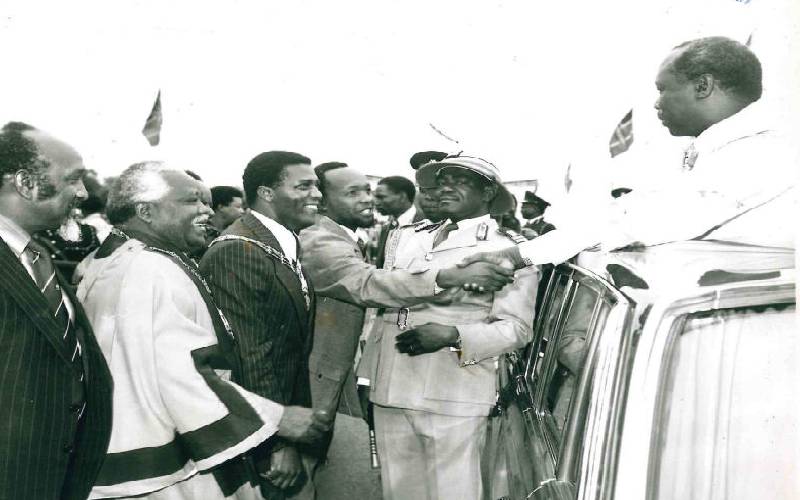×
The Standard e-Paper
Fearless, Trusted News

Sometime in the early 1980s an incident in Limuru caught the attention of President Daniel arap Moi.
A farmer had blocked a road leading to a school prompting protests by residents. Apparently the president got wind of this over the radio and inquired about the matter from the provincial administration.